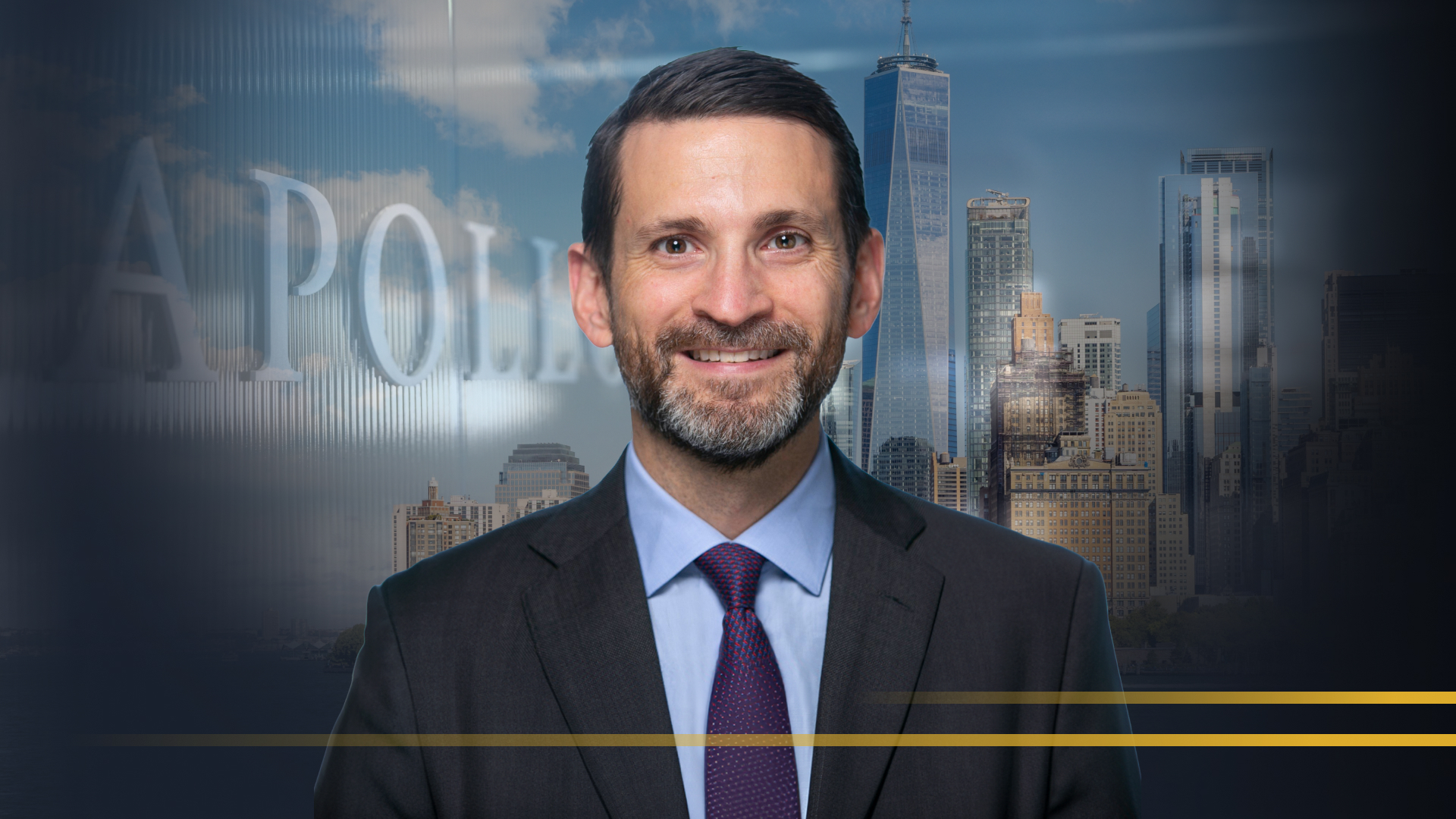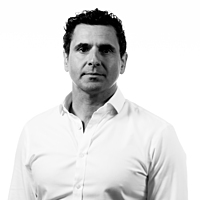Where Apollo is finding ‘S&P like returns’ with a third of the volatility
Please note that this interview was recorded on 9 October, 2024
The tailwinds investors have enjoyed for the past few decades are abating and are unlikely to return in the immediate future, meaning a rethink of where returns will come from is required.
That’s the view of Matthew Michelini, Partner and Head of Asia-Pacific at Apollo Global Management, who says opportunities are being created for firms, like Apollo, where banks are retreating due to new regulatory requirements. Michelini also believes that the needs of an ageing population are shifting, meaning greater focus on income-generating investments within portfolios will be required.
I spoke with Matt Michelini as part of Livewire’s Alternatives in Focus Series for 2024, to learn more about Apollo’s views on the investment outlook, how investors can adapt to the shifting landscape and the opportunities Apollo is focused on across asset classes.
He also shares a story from his time investing through the GFC and the timeless lesson he learned as a result.
Watch the interview via the player above or access a summary of the key points below.

Two factors shaping the future of markets
When asked about the biggest factors likely to influence returns beyond 2024, Michelini pointed to two primary concerns: the direction of US monetary policy and ongoing geopolitical tensions.
“We don’t see the forces that are bringing inflation down,” he said. Despite recent easing, structural factors are keeping inflation elevated, which suggests interest rates may remain higher for longer. According to Michelini, this will be the single biggest determinant of future asset class performance.
Additionally, global instability, particularly in regions like the Middle East and Asia, could inject significant volatility into markets. “If something happens in Asia, that’s going to create a lot of volatility,” Michelini noted. Investors should keep a close eye on China’s economic recovery efforts, which will have global repercussions.
After decades of rapid growth driven by market forces, China’s recent pivot towards more command-and-control policies is creating a new reality for investors.
“There’s a structural issue with China,” Michelini said, pointing out that while government interventions may be necessary for long-term progress, they are likely to lead to a more volatile investment environment.
Another key message from Apollo is the idea that long-standing tailwinds in the public markets are now turning into headwinds. Michelini explained this shift, highlighting how low interest rates and global fiscal stimulus had artificially boosted valuations over the past decade.
“Rates were zero for a long time,” he explained, “and that created massive tailwinds.” But those days are over, and investors can no longer rely on central banks to prop up asset prices. At the same time, demographic changes - particularly an ageing investor base - are shifting preferences toward income-generating assets rather than high-volatility equities.
Apollo’s playbook
So, how can investors adapt to this shift in markets? Apollo’s approach centres on two core philosophies: the purchase price matters and the need to own the means of origination.
“Purchase price matters no matter what asset class you’re in,” Michelini emphasised. Whether investing in credit or equity, Apollo remains disciplined in not overpaying for assets, maintaining a margin of safety even in frothy markets. Michelini noted that Apollo’s focus on hybrid strategies - where the firm takes a senior equity position - offers both downside protection and upside participation.
Apollo also places a premium on controlling origination. “If you don’t own the means of origination, you’re just a reseller of market risk,” Michelini stated. This approach allows Apollo to be more nimble, pivoting between different parts of the capital structure or asset classes as opportunities arise.
Why passive strategies are no longer enough
Michelini acknowledges the success of low-cost beta strategies in recent years, but he made it clear that the easy gains from passive investing may be harder to come by in the future.
“Why did you need a private manager for the last 15 years? Just buy the S&P,” he quipped, referencing comments from Apollo CEO Marc Rowan.
But Michelini warned that public equities are no longer what they used to be. With fewer publicly traded companies and growing concentration in indices, diversification through traditional passive strategies has become harder to achieve. Moreover, volatility in public markets has increased, which makes them less predictable.
Stepping in where banks are stepping back
One of the key areas where Apollo is finding value today is in stepping in where traditional banks have pulled back. Michelini highlighted a few recent transactions, including deals with Intel and BP, where Apollo was able to secure investment-grade credit at attractive spreads.
“Where the banks are stepping back, we’re stepping in,” Michelini explained, pointing out that Apollo’s ability to act on large-scale transactions in sectors like commercial real estate and asset-backed lending has created opportunities with relatively low risk.
S&P like returns with a third of the volatility
Michelini also highlighted Apollo’s focus on hybrid strategies, which blend characteristics of both debt and equity investments. Unlike traditional private equity, where firms pay a control premium and often take on significant leverage, Apollo’s hybrid approach allows it to invest in businesses without paying that premium while still participating in upside potential.
“These portfolios generally seek to produce S&P-plus returns with a third of the volatility,” Michelini noted, emphasising how this strategy offers investors a more stable return profile in uncertain times.
Alignment and innovation
Michelini has been with Apollo since 2003 and he says the single biggest lesson he has learned is that the answer to almost every question can be solved by focusing on just one factor.
“Alignment. The answer to almost every question about what should I do? What's the best risk-reward? What are you doing? How do we get people to do the things that we need them to do? It all comes back to the same answer, alignment.”
Seeking to provide excess return along the risk-reward spectrum
Founded in 1990, Apollo is a high-growth alternative asset management and retirement services firm. Apollo seeks to provide its clients excess return at every point along the risk-reward spectrum from investment grade to private equity with a focus on three business strategies: equity, hybrid, and yield. Find out more here
1 contributor mentioned


